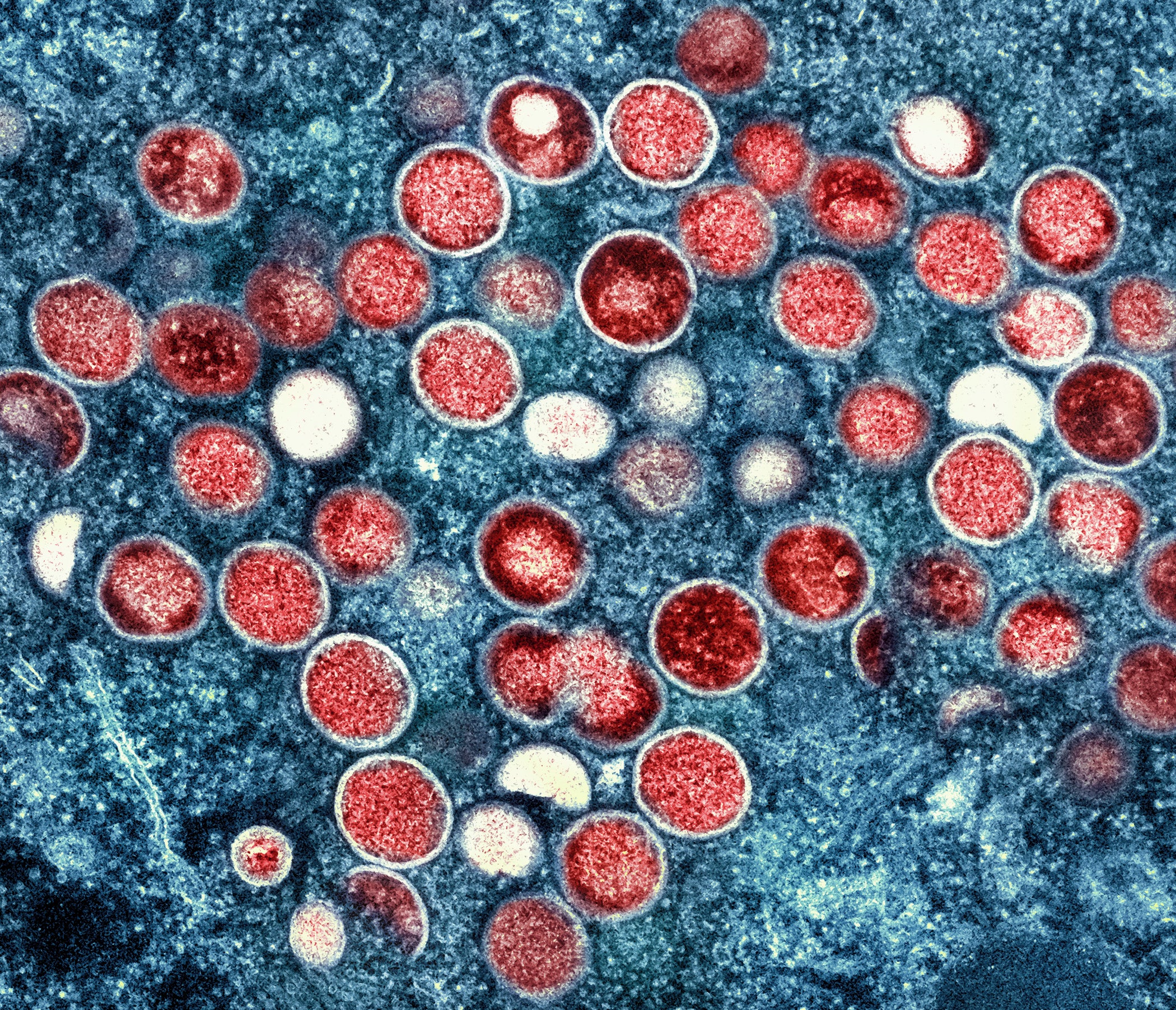UN health agency convening experts meeting to decide if mpox outbreak in Africa is global emergency
The head of the World Health Organization says he will convene an expert group to determine if the increasing spread of the mpox virus in Africa warrants being declared a global emergency

Your support helps us to tell the story
From reproductive rights to climate change to Big Tech, The Independent is on the ground when the story is developing. Whether it's investigating the financials of Elon Musk's pro-Trump PAC or producing our latest documentary, 'The A Word', which shines a light on the American women fighting for reproductive rights, we know how important it is to parse out the facts from the messaging.
At such a critical moment in US history, we need reporters on the ground. Your donation allows us to keep sending journalists to speak to both sides of the story.
The Independent is trusted by Americans across the entire political spectrum. And unlike many other quality news outlets, we choose not to lock Americans out of our reporting and analysis with paywalls. We believe quality journalism should be available to everyone, paid for by those who can afford it.
Your support makes all the difference.The head of the World Health Organization said Wednesday he will convene an expert group to determine if the increasing spread of the mpox virus in Africa warrants being declared a global emergency.
At a press briefing in Geneva, WHO Director-General Tedros Adhanom Ghebreyesus said that given the increasing spread of mpox cases beyond Congo, he has decided to ask independent experts to advise WHO “as soon as possible.”
Last week, the Africa Centers for Disease Control and Prevention reported that mpox, also known as monkeypox, has now been detected in 10 African countries this year including Congo, which has more than 96% of all cases and deaths. Compared with the same time period last year, the agency said cases are up 160% and deaths have jumped by 19%.
Officials at the Africa CDC said nearly 70% of cases in Congo are in children younger than 15, who also accounted for 85% of deaths.
Mpox was reported last week in Burundi and Rwanda for the first time while other countries including Kenya and the Central African Republic also identified cases.
WHO's Tedros said the agency has released $1 million from its emergency fund to support the response to mpox, also known as monkeypox.
Earlier this year, scientists reported the emergence of a new form of the deadlier version of mpox, which can kill up 10% of people, in a Congolese mining town that they feared might spread more easily among people. Mpox spreads via close contact with infected people, including via sex.
In 2022, WHO declared mpox to be a global emergency after it spread to more than 70 countries, mostly affecting gay and bisexual men. Before that outbreak, the disease had mostly been seen in sporadic epidemics in central and West Africa when people came into contacted with infected animals.
Western countries mostly shut down the spread of mpox with the help of vaccines and treatments, but very few of those have been available in Africa.
Maria Van Kerkhove, who leads WHO's outbreak department, said there were numerous concerning issues in Africa's mpox epidemic and called for a more urgent response.
“We do not want the world to sit and watch and wait,” she said. “The time (to act) is now.”
___
The Associated Press Health and Science Department receives support from the Howard Hughes Medical Institute’s Science and Educational Media Group. The AP is solely responsible for all content.